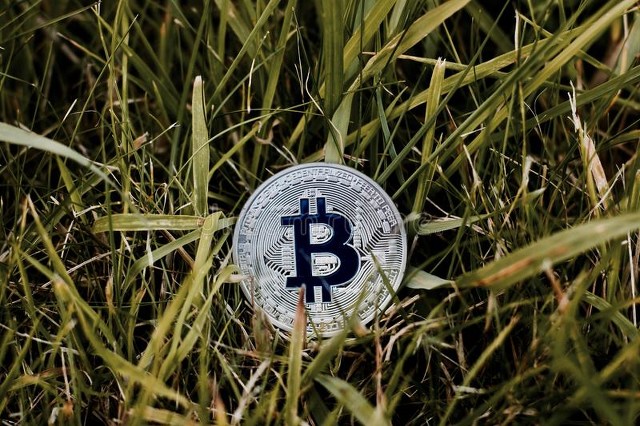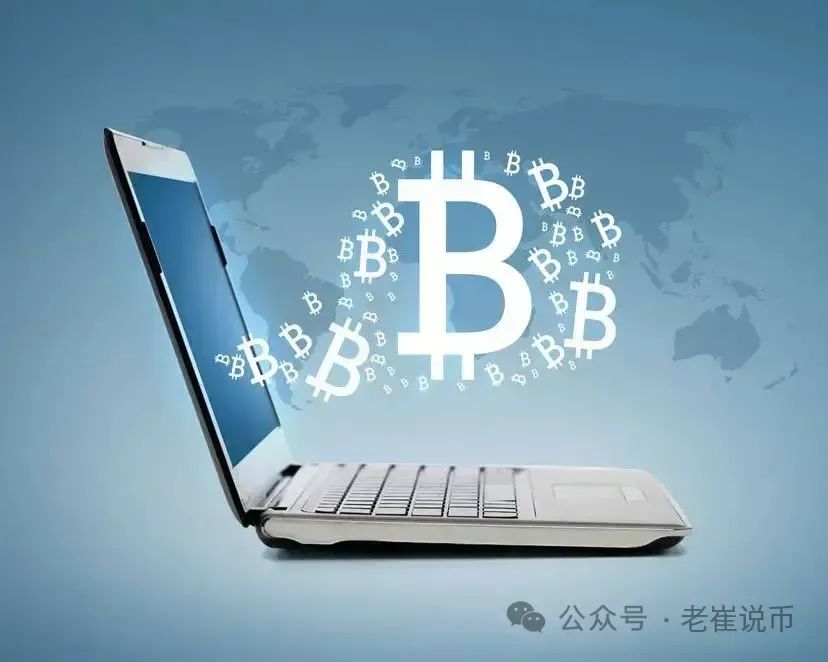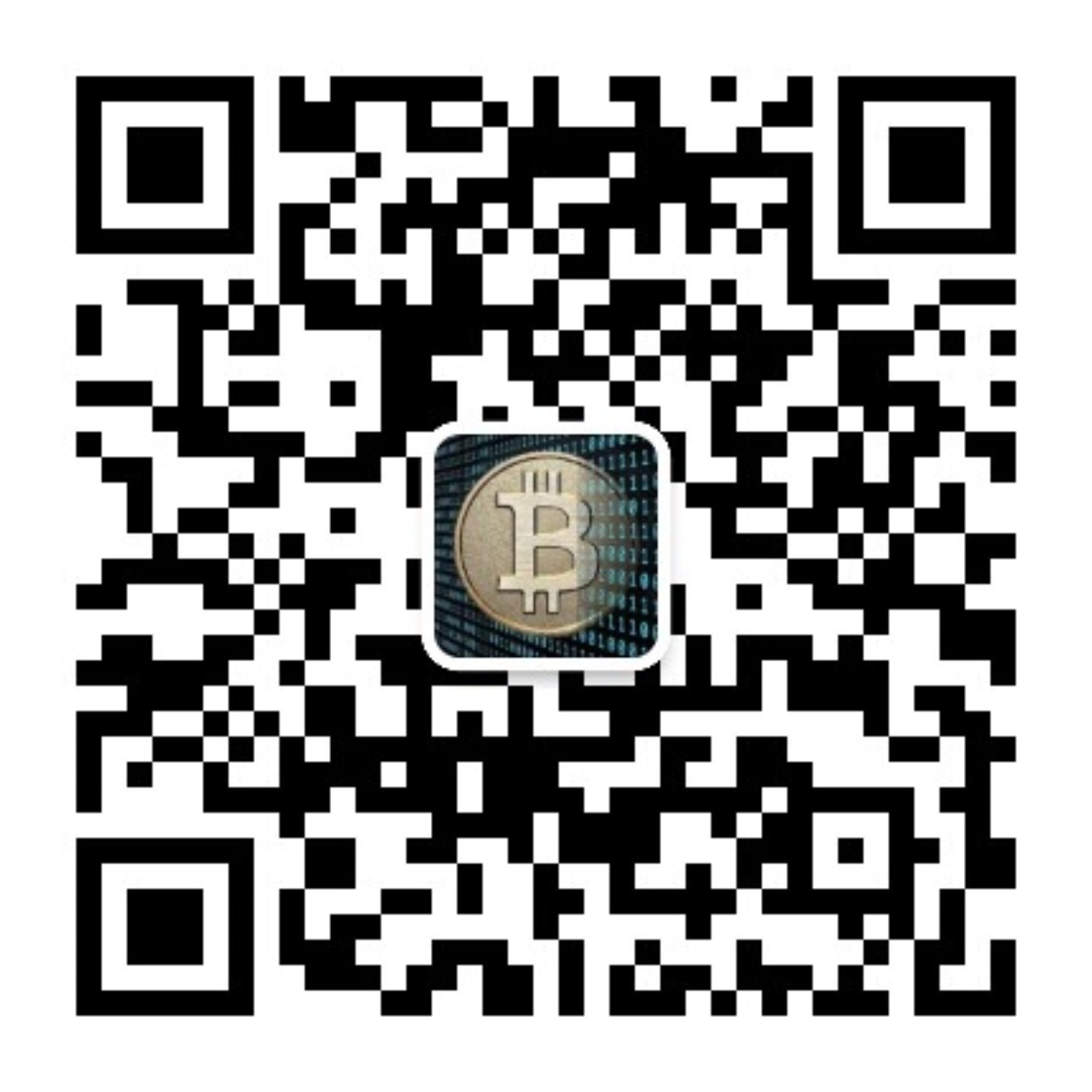The world is bustling, all for profit; the world is bustling, all for profit! Hello everyone, I am your friend Lao Cui Shuobi, focusing on the analysis of cryptocurrency market trends, striving to deliver the most valuable market information to the majority of coin friends. Welcome the attention and likes of the majority of coin friends, and refuse any market smokescreens!

The market has finally stabilized, and after a day of anxiety, everyone can finally rest assured. As long as there are no major news developments in the future, the market will basically return to its normal position. Today, let's talk about how to safely enter and exit USDT. Many friends have been asking Lao Cui recently how to cash out their assets. To give you the conclusion directly, for users with less than 200,000 US dollars, as long as they are not involved in illicit assets, there are basically no obstacles. For users with more than 200,000 US dollars, cashing out does require caution, as the possibility of receiving illicit US dollars is higher. How to avoid this? Currently, the most common choice for most people is Hong Kong, because the legality and tolerance here are stronger, but the problem with going to Hong Kong is the high cost, and legal cashing out will also involve many twists and turns when returning to the mainland.

Without denying it, Hong Kong is indeed the safest option, but it also faces risks. For everyone in the coin circle, the feeling of entering and exiting is becoming stricter. After all, the legality in China has always been a question when considering our market, so the first thing we need to do is to understand the underlying logic of entering and exiting funds. First, let's talk about the process of entering funds. Entering funds actually involves transferring money from domestic banks to overseas banks, including those in Hong Kong, and then flowing into the exchange. The most common problem that occurs in this process is the issue of the merchant's US dollar assets, because we cannot understand the transparency of the merchant's assets, so we have to bear this responsibility. Once the merchant's asset qualification is in question, our US dollar assets will be frozen. Currently, the most common problem is fraud, especially if the funds are involved in fraud, they will definitely be frozen.

So how to avoid this problem? The best choice is a large exchange, and to choose merchants with qualifications, because a long trading time means that the collateral qualification is sufficient. All merchants in the exchange have their own collateral funds, and as long as there is a problem, the exchange will freeze their assets, thus achieving compensation. In particular, everyone can request the merchant to provide recent transaction records, and as long as the funds are not involved in the current transactions, there will be no major problems. Most of the illicit assets encountered when entering funds are from private transactions between coin friends and merchants, in other words, being too greedy for small gains. If you don't bypass the exchange, there won't be major problems.

Next is the topic that everyone is most concerned about, the issue of safe cashing out. Cashing out is more complicated, first from the exchange to overseas banks, and then back to our country through overseas banks. The process for domestic trading users is different, mostly flowing directly from the exchange's merchants to the hands of the sellers. Because there is no involvement of banks in the middle, the funds cannot be effectively protected. This invisibly increases the risk for traders, whether they are US dollar merchants or ordinary buyers. In response to these issues, Lao Cui has developed a risk aversion strategy. Indeed, with the recent positive market trends, everyone is worried about the safety of entering and exiting, and how to avoid these problems. According to Lao Cui:
First, the issue of the legality of the coin circle is more about capital outflows. We actually have relatively less strict control over capital inflows, especially when it comes to foreign assets flowing into China, which is the issue of buying US dollars. As long as it is not in the form of outflows and illicit assets, it is basically unregulated. The key is still the issue of cashing out. Here, it must be mentioned that a certain platform starting with "O", it is best not to use this platform for entering and exiting, you can trade on it but not cash in or out. The data behind it has been submitted, so the privacy of this platform is not strong for domestic users. For most domestic users, the majority of their tea-drinking transactions are basically done on this platform.

Secondly, before trading, you must check the counterparty's transaction records. Users who cannot provide these records should stop trading. The outgoing funds must be withdrawn in batches, with each transaction amount preferably not exceeding 5,000 CNY, and it is best to use Alipay. Finally, the platform must be involved in the transaction, and the price must be based on the platform's price. There are no free lunches. Also, it must be mentioned that when contacting US dollar merchants or other traders, it is best to use domestic software, not foreign software. Currently, for most users encountered by Lao Cui, as long as it is confirmed that it is not a fraud issue, online funds will be released, it's just a matter of time. However, if the contact for the transaction is conducted using foreign software, the assets will be directly confiscated once discovered, and the most frequently asked question is one that cannot be refuted: why did you use private software for a normal transaction? This can only mean that you are aware that this transaction is not normal.
There is also another issue that everyone often encounters, which is the form of cash transactions. And many users have used this method, and the success rate is indeed quite high, but the fees are a bit expensive. As long as everyone can ensure that it is a normal transaction and the counterparty's funds are not in question (transactions involving cash are basically problematic), once there is a conversation, the assets will also be directly confiscated, not frozen. This is directly related to fraud and is considered a criminal offense. So the safest option is still Hong Kong! For large amounts of funds, choose a qualified acceptor for the transaction, and there should be no major problems. Especially for the profits brought by trading virtual currencies, it is not illegal in China as long as you do not transfer the assets abroad. (Assuming the funds are normal profits)

As long as your funds are from normal transactions and are not involved in illicit assets, at most you will be talked to and educated, and your earnings will not be frozen or confiscated. In summary, as long as you trade on a reliable platform with experienced acceptors, and the accounts used for transfers are in your own name, most problems can be avoided. With normal transactions and normal prices, everyone can rest assured when entering and exiting, as long as you don't seek small gains. Of course, for peace of mind, it is best to go to Hong Kong for a more secure option. There, professional teams operate in a legal manner!
Lao Cui's message: Investing is like playing chess. A master can see five, seven, or even a dozen moves ahead, while a novice can only see two or three moves. The master considers the overall situation and the big picture, not focusing on individual moves or territories, with the ultimate goal of winning the game. The novice, on the other hand, fights for every inch, frequently changing positions, and only focuses on short-term gains, often ending up in trouble.
This material is for study and reference only and does not constitute trading advice. Trading based on this material is at your own risk!
免责声明:本文章仅代表作者个人观点,不代表本平台的立场和观点。本文章仅供信息分享,不构成对任何人的任何投资建议。用户与作者之间的任何争议,与本平台无关。如网页中刊载的文章或图片涉及侵权,请提供相关的权利证明和身份证明发送邮件到support@aicoin.com,本平台相关工作人员将会进行核查。




